Economic Reforms, Labour and Employment
Synopsis
This book examines the impact of economic reforms, introduced in India in 1991, in accelerating GDP growth, removing poverty, attaining full employment and reducing regional disparities. Part I entitled Economic Reforms, Privatisation and Globalisation gives a survey of the achievements and failures of the reforms process. The Disinvestment Policy has been analysed in depth and the unprincipled manner in which it has been pursued has been exposed threadbare. The Report of N.K. Singh Steeering Group which sponsored the case of indiscriminate flow of foreign investment can play only a supplementary role, but the major strength of the economy will depend on boosting the level of domestic savings and generating impulses of the growth. In this part, impact of much-publicised globalisation of the Indian economy has been surveyed. The success of globallising the Indian economy in some areas and its deleterious effects on small scale industries, in slowing down the process of self-reliance and encouraging a dependency syndrome have been highlighted. The end product of all reform is to improve human development. In this context, the improvement of human development index during the last three decades and the existence of wide disparities in human development among various states in India has been brought out. Part II entitled Economic Reforms and Employment Objective brings out the disquieting fact that during the period of reforms although the rate of GDP growth has been accelerated, yet it has a retarding affect on the rate of growth of employment. The period of economic reforms has been a period of jobless growth, Report of the Task Force on Employment Opportunities headed by Dr. M.S. Ahluwalia has been severely criticized and its policy prescriptions have been rejected by the author, who pleads for serious implementation of the Report of the Special Group on Targeting 10 Million Employment Opportunities headed by Dr. S.P. Gupta. It is heartening to find that the Tenth Plan has adopted this report as the basis of its employment policy. Part III dealing with Economic Reforms, Labour and Industrial Relations brings out stark reality that the reform process has increased employers’ militancy and this is reflected in the menacing phenomenon of lockouts. A detailed review of the recommendations of the Second National Commission on Labour has been undertaken and the failure of the Report to meet the aspirations of labour has been established. IN this context, the futility of recommending an umbrella legislation for the unorganized sector without providing even a modicum of social security to unorganized labour, is another serious lacuna in the recommendations of National Labour Commission. A separate chapter is devoted to Contract Labour, the most insecure and exploited section of the Indian labour force. The book is an indispensable reference for students and teachers of Indian economy, trade unions leaders and social activists who intend to comprehend the challenges of the reform process to labour welfare.
Read more
24.70
22.23
$
26.00 $
Free delivery Wolrdwidе in 10-18 days
Ships in 2-4 days from New Delhi
Membership for 1 Year $35.00
Get it now and save 10%
Get it now and save 10%
BECOME A MEMBER

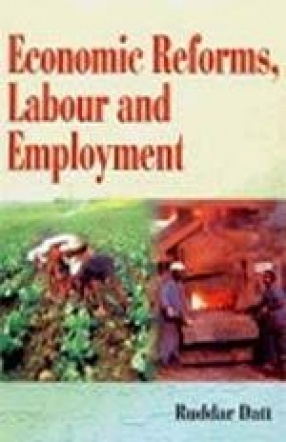
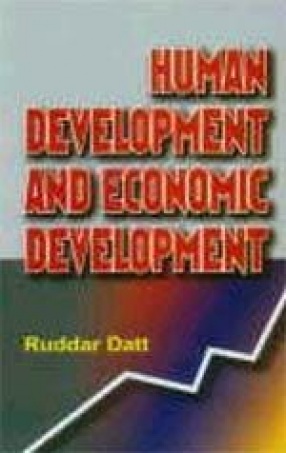
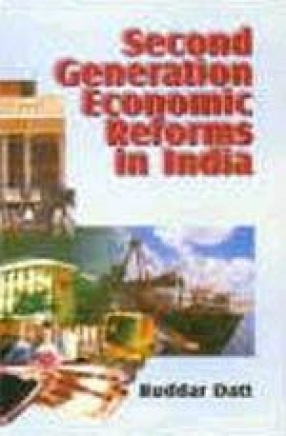
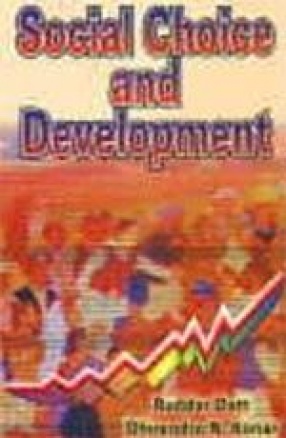
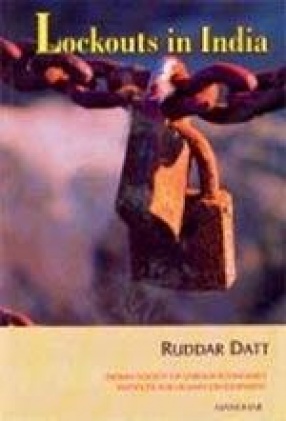





Bibliographic information